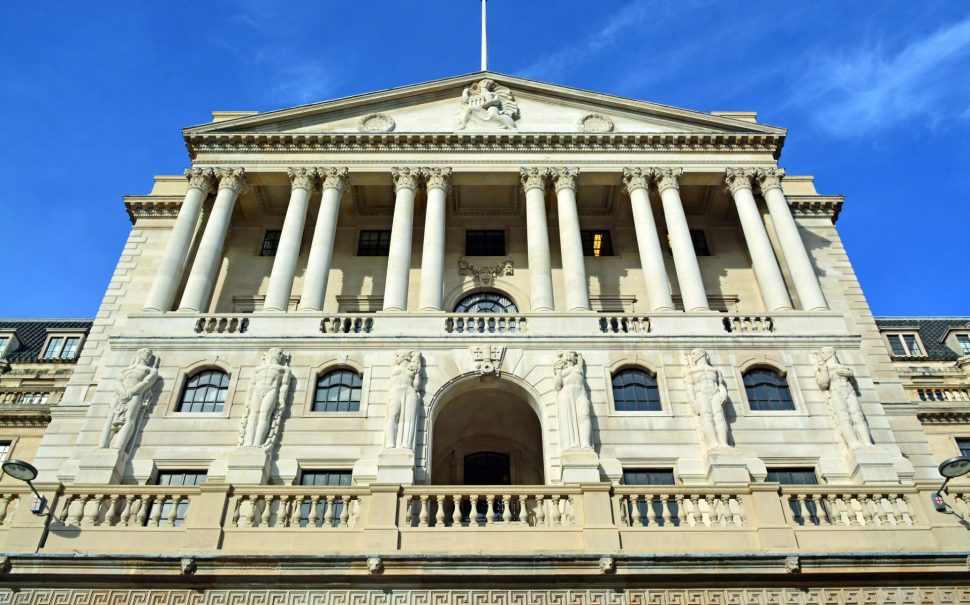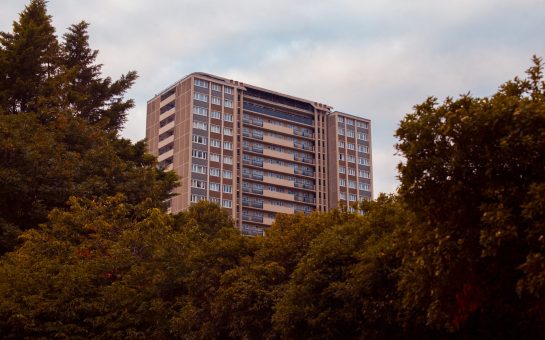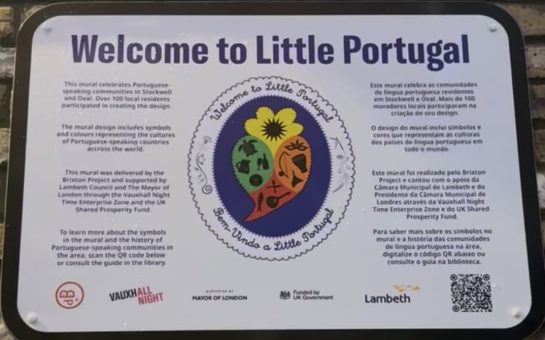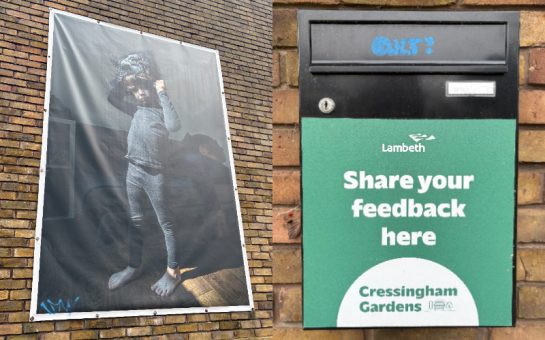The Bank of England (BoE) raised Bank Rate by 0.75% to 3% on 3rd November, which was the biggest increase since 1989, and the eighth consecutive hike since December 2021.
This also brought Bank Rate to the highest level since the global financial crisis in 2008.
The escalating inflation pressure in the UK was one of the key reasons for BoE to raise Bank Rate, as its Monetary Policy Committee (MPC) has the mandate to keep inflation within the target level of 2% based on the Consumer Prices Index (CPI).
CPI saw a year-on-year increase of 11.1% in October, up from 10.1% in September and 9.9% in August, way above the 2% target level.
There is also a strong link between interest rates and public sector deficit.
The mini-budget suggested by former prime minister Liz Truss and former chancellor Kwasi Kwarteng on 23rd September, raised concerns over fiscal sustainability, which further heightened market expectations of inflation and future rate hikes to fund government debt.
Although the subsequent change in government restored some confidence in fiscal policy, interest rates are unlikely to go back to the ultra-low levels seen in the aftermath of the 2008 financial crisis when BoE conducted quantitative easing.
How did the BoE and government decisions affect homeowners and renters?
Read more on https://swlondoner.shorthandstories.com/the-end-of-an-ultra-low-interest-rate-era-for-homebuyers/index.html.
Featured image credit: Flickr CC BY-SA 2.0





